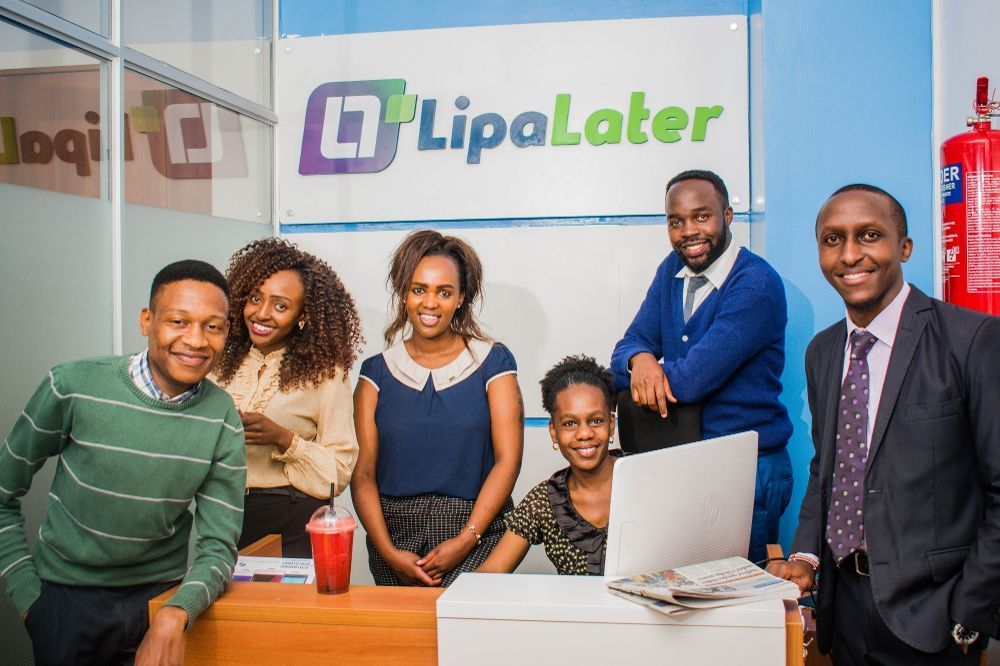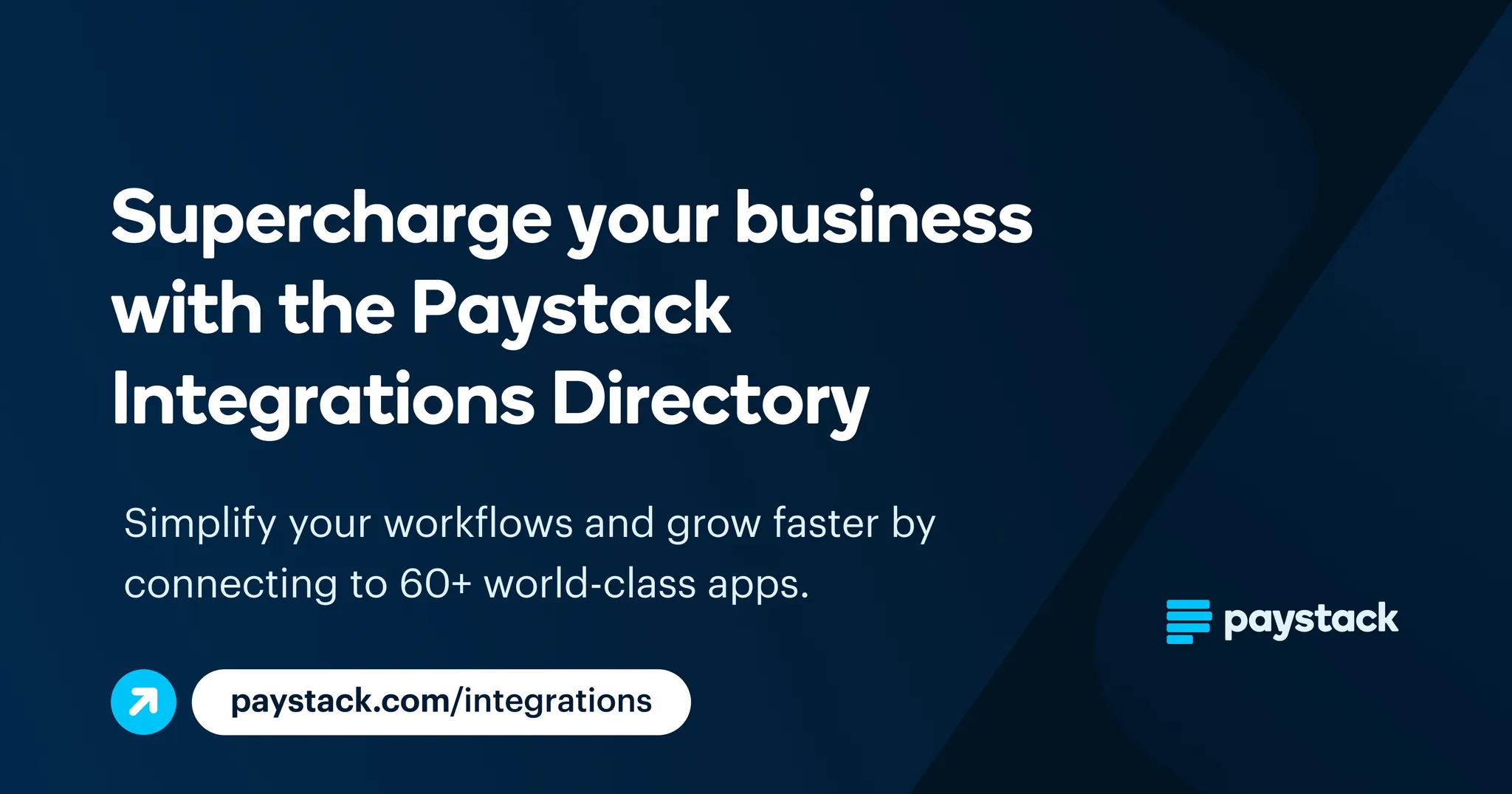- 👨🏿🚀TC Daily
- Posts
- Old Buhari is dead
Old Buhari is dead
Inside: Ethiopia launches a secondary market for T-bills.


Welcome to another week! ☀️
RIP to Nigeria’s former president Muhammadu Buhari.
Buhari’s stay as Nigeria’s president will be mixed in tech circles as he will be remembered for backing the Startup Act and launching the 5G broadband. But he also oversaw a Twitter ban, a crypto crackdown, and invasive digital ID policies.
His digital legacy walks a tightrope: one foot in progress, the other in paranoia. Techies still debate which Buhari mattered more.

Startups
Lipa Later attracts $23 million from new bidders as it fights for survival

Lipa Later is in dire straits and multiple companies are competing to rescue it.
The Kenyan buy-now-pay-later (BNPL) fintech startup, now finds itself in a heated acquisition race as multiple companies bid to rescue it after falling under administration.
At least three firms have entered the acquisition race, submitting offers to buy or finance the struggling startup. Canadian financial services firm, Engage Capital, offered approximately $23 million to acquire their tech, customer base, licenses, and performing loans. London-based Advance Global Capital (AGC) is also proposing a 36-month, $5 million loan to cover the startup’s unpaid invoices, excluding its consumer lending operations. A local, Nairobi-based financial consultancy firm has also proposed acquiring the startup for Sh2.5 billion.
Why are they rushing Lipa Later? The company’s tech platform and rich consumer credit data continue to draw interest from potential local and international buyers who believe they can revive the startup's promise.
ICYMI: Lipa Later was placed under administration in March 2025 following months of financial struggles and unsuccessful fundraising efforts. Joy Vipinchandra Bhatt from Moore JVB Consulting LLP was appointed administrator. Before the administration was announced, the startup’s employees and suppliers had already reported being owed compensation for months, indicating solvency issues.
Going into administration means the company’s directors no longer control its assets or operations, and all decision-making power now rests with the appointed administrator.
The big picture: While the acquisition interest reflects the promise of BNPL, the startup’s eventual fate will signal whether BNPL still has a future in Kenya in an increasingly tightening funding environment. How far are new buyers willing to bet on this sector?
Paying 2% or more on every transaction adds up fast.

For businesses in e-commerce, logistics, travel, fintech, and more, every naira counts. Fincra helps you save more with 1% NGN fees capped at ₦300. Ideal for high-value or high-volume transactions. Get started for free with just your email address!
Ecosystem
What happened to Nigeria’s tech ecosystem while Buhari was in power?

Nigeria’s former president, Buhari, is dead. He was 82.
Here’s a roll call of things that happened in tech during Buhari’s eight-year presidency: Nigeria launched 4G nationwide and rolled out 5G; fibre optic cables were laid across the country; the ICT sector became Nigeria’s fastest-growing industry; Microsoft opened a $200M hub in Abuja; the Nigeria Startup Act was signed into law; Twitter was banned for seven months.
Though rarely effusive in public, Buhari lit up when tech CEOs came calling. In 2022, he told Microsoft’s president that Nigeria was “ready to lead Africa’s digital tech race.” His government launched ambitious plans: a Digital Economy Strategy, a national broadband policy, and infrastructure support for telcos and startups. By 2021, ICT was Nigeria’s fastest growing economic sector, contributing… to the GDP.
Arguably, his boldest tech move was the Startup Act. Signed in 2022, it offered tax breaks, regulatory clarity, and funding. The Startup Act gave political legitimacy to innovation in a country where crypto had just been banned.
But Buhari’s digital legacy is marred by contradictions. In 2021, he ordered a nationwide Twitter ban that lasted seven months. It cost businesses money, cost Nigeria credibility, and reminded many of his military past. For every broadband cable laid, there was a surveillance shadow trailing behind.
Watch out for our obituary and review of Nigeria's tech ecosystem under his government.
Paga Engine powers the boldest ideas in Africa

"Across various use cases and industries, Paga Engine provides reliable rails for your business needs to run smoothly and grow sustainably." - Tayo Oviosu. Read the full article.
Economy
Ethiopia launches secondary market for trading treasury bills

Six months after launching its stock exchange, Ethiopia has opened a secondary market that allows peer-to-peer (P2P) trading of treasury bills (T-bills) and equities.
The secondary market also allows regular people to invest in T-bills and sell them when they need cash. Returns are tax-free, and the risk is low because the bills are backed by the government.
State of play: Ethiopia’s exchange-based, retail-accessible T-bill market is unique in Africa. Kenya’s M-Akiba is similar, but it offers retail bonds instead of treasury bills. In Nigeria, Ghana, and South Africa, retail investors can access T-bills, but only through banks or brokers—not direct P2P trading.
Catch up: Until now, Ethiopia’s T-bills were sold to banks through auctions. But with the launch of a secondary market, anyone can now buy and sell them on the Ethiopian Securities Exchange (ESX) with a minimum of 5,000 birr ($36) and an investor account. Investors can also sell before maturity, increasing the liquidity in the market.
This is part of Ethiopia’s push to open up its economy. The government recently made a reform to allow foreign banks to freely operate in the country’s banking sector for the first time in 50 years. Now it is creating new tools to help people invest—and new ways for the state to raise money without relying on the central bank.
Between the lines: Previously, when Ethiopia sold debt directly to banks, it limited competition—retail investors and private companies couldn't take part. That meant little or no access and fewer bidders. The government could afford to artificially keep interest rates low, because banks were required to buy the debt whether they wanted to or not.
But with open trading, prices are now influenced by market demand, not government directive. This will give the state more honest signals about what it truly costs to borrow in the open market.
Ethiopians are still warming up to the country's local bourse, and trading volumes are small. More liquidity options like a P2P market could encourage retail investors to embrace the stock exchange, allowing capital to flow into the market. It's a master stroke.
Connect Paystack to the world’s best tools!

With the Paystack Integrations Directory, connect to 60+ powerful apps to streamline your business. Learn more here →
Fintech
LemFi makes a debut in Egypt

In Egypt, bank wires can take days and cost as much as 7%. LemFi took one look and said, "nah, that ain't it."
So, LemFi entered the Egyptian market, its 31st market, to get a chunk of the country's booming diaspora inflows. LemFi already has Morocco and Tunisia in its pocket. With Egypt now live, the remittance startup now has its North African trifecta.
LemFi's play is simple: faster, cheaper, and better, with zero transfer charges and foreign exchange rates that make sense. It is starting with bank and wallet transfers, but multicurrency wallets and more are on the way.
State of play: Egypt's remittance scene is ripe for the taking. Currency shortages and a widespread diaspora have made remittances the country's biggest foreign exchange source. LemFi says Egyptians abroad, especially in the UK, Canada, and Europe, deserve better. With 2 million users, a recent $53 million Series B funding round, the acquisition of UK credit card issuer Pillar, and $1 billion in monthly volumes, this is more than just a market expansion. It is a direct challenge to legacy services and sluggish fintechs.
ICYMI: Flutterwave just landed a Payment Institution licence in Senegal. That means full control over power payments, including collections, payouts, and mobile money in a digital payments market projected to transact $20 billion by 2025. With players like Wave and Orange Money already circling, Flutterwave is betting on its flexible tools for SMEs, social sellers, and the next wave of African commerce. After its move into Cameroon, this cements Flutterwave's West African footprint and deepens its Francophone reach.
Launch Africa's Next AI Startup. Start at Mest.

Applications are open for MEST’s fully funded AI Startup Program. Train with Global Experts | AI - focused | Incubation | Seed Funding Potential | Apply by August 22 → #MESTAI2026
CRYPTO TRACKER
The World Wide Web3
Source:

Coin Name | Current Value | Day | Month |
|---|---|---|---|
| $122,384 | + 3.82% | + 16.7% | |
| $3,051 | + 3.19% | + 19.62% | |
| $0.03041 | + 31.29% | + 209.22% | |
| $168.10 | + 3.77% | + 14.68% |
* Data as of 06.45 AM WAT, July 14, 2025.
Unlock the secrets to financial freedom at the Naira Life Conference by Zikoko

The Naira Life Conference will bring together finance experts, industry leaders, creators, and entrepreneurs who will share their own journeys and offer actionable strategies to make your financial dreams a reality. Think: bold conversations, immersive workshops, and content tracks that hand you a playbook for building real wealth. It's happening on August 8 at the Jewel Aeida, Lekki. Get tickets here to secure a spot.
Opportunities
- MEST Africa has opened applications for its 2026 AI Startup Programme. The 12-month training and incubation programme will equip West African software developers aged 21–30 with the skills to build scalable AI startups. Selected participants will undergo seven months of hands-on training in Ghana starting January 2026, followed by a four-month incubation for the most promising teams. Applications close August 22, 2025. Apply here.
- Applications are still open for the 2025 FATE Institute Fellowship, a two-year, part-time and virtual programme for experienced Nigerian professionals passionate about entrepreneurship and policy reform. The fellowship is open to candidates with at least 10 years of relevant experience and a completed or ongoing Master’s or PhD in fields like Economics, Law, or Political Science. Fellows will work remotely, contribute to research on Nigeria’s entrepreneurship ecosystem, engage with policymakers, and take part in virtual policy discussions, without needing to leave their current roles. Apply by July 25.
- We're launching TechCabal Insights Market Researcher™, a tool that helps you find and analyse African tech and business data in seconds. Whether you're looking for startup funding numbers, market trends, or investor activity, it does the digging for you—fast and accurately. Be the first to try it. Join the waitlist.

Written by: Ifeoluwa Aigbiniode, Emmanuel Nwosu, and Opeyemi Kareem
Edited by: Faith Omoniyi
Want more of TechCabal?
Sign up for our insightful newsletters on the business and economy of tech in Africa.
- The Next Wave: futuristic analysis of the business of tech in Africa.
- TC Scoops: breaking news from TechCabal
- TNW: Francophone Africa: insider insights and analysis of Francophone's tech ecosystem
P:S If you’re often missing TC Daily in your inbox, check your Promotions folder and move any edition of TC Daily from “Promotions” to your “Main” or “Primary” folder and TC Daily will always come to you.

How did you find today's edition of #TCDaily? |


